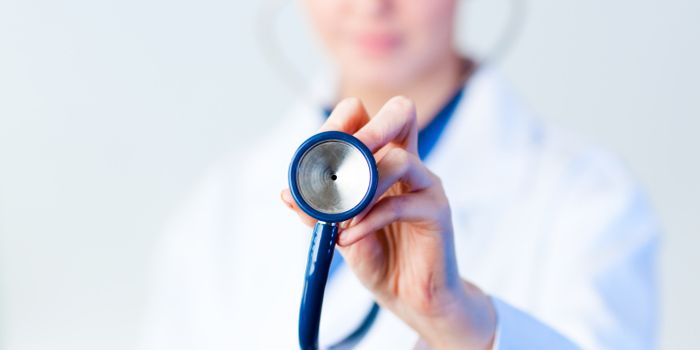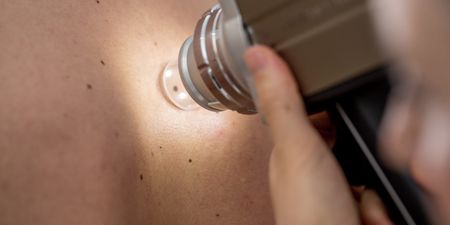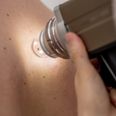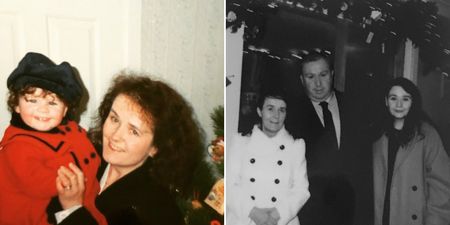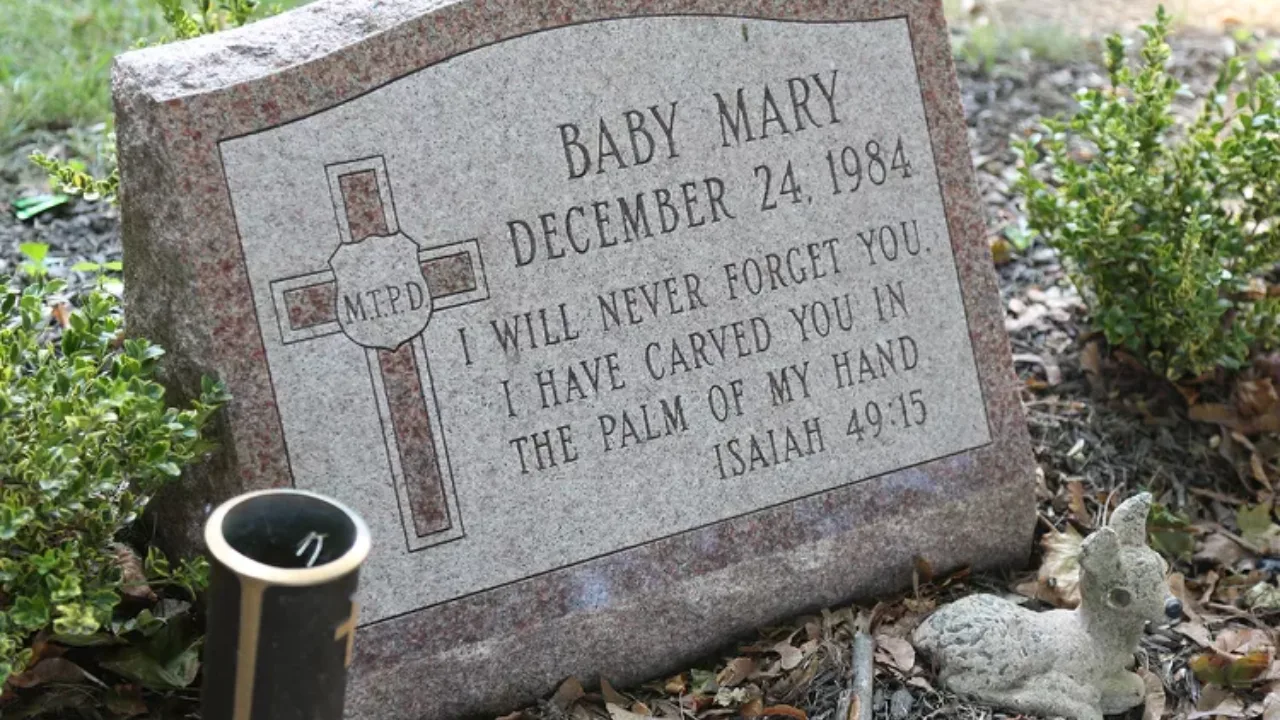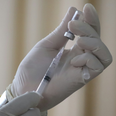To mark World Cancer Day on Wednesday February 4th 2015, the Irish Cancer Society is highlighting the importance of knowing the early signs of cancer and taking action if you notice any. By knowing what is normal for your body and getting anything out of the ordinary checked by your doctor, a cancer can be diagnosed, or ruled out, at a very early stage. If a symptom turns out to be a sign of cancer, the earlier it is diagnosed the better the chance of it being treated successfully.
The early warning signs of cancer include:
Unexplained changes
- A lump or swelling
- Bleeding that is not normal for you
- Unexplained weight loss
- Pain that does not go away
Persistent changes
- A cough, changes in your voice or feeling short of breath
- A sore that does not heal
- Difficulty swallowing, indigestion or heartburn
- Bloating
- Mouth or tongue ulcer
Unusual changes
- A change in your bowel or bladder habits
- A new mole or change to an existing mole
- Any change in your breast
Kevin O’Hagan, Cancer Prevention Manager at the Irish Cancer Society, said: “It’s important to know your body and what is normal for you. Then you can spot any changes that could be a sign of cancer and take action. Sometimes people put off seeing their doctor because they’re worried about what the doctor might find or they are afraid of wasting the doctor’s time. Chances are it won’t be cancer, but if it is, the sooner it is detected, the better your chance of survival.
“There are more than 200 different types of cancer, each with different symptoms. Many of the possible symptoms of cancer can also be caused by other, much less serious, things. The list doesn’t cover everything and that is why it’s so important to know what’s normal for you and see your doctor about any unexplained, persistent or unusual changes.”
Advances in the way cancer is diagnosed and treated have led to real improvements in survival over the years. The survival rate for all cancers in Ireland has increased from 45% in 1994-1999 to 60% in 2008-2011.
Survival rates for some of the common cancers have increased in that time as follows:
- Breast: 74% to 85%
- Prostate: 66% – 92%
- Bowel: 51% – 59%
- Lung: 8% – 13%
As well as detecting cancer early by noticing changes to your body, screening programmes for breast, cervical and now bowel cancer have also been introduced. When a cancer is detected early, patients have more effective treatment options and potential cures available to them. As well as that, patients with symptoms of the most common cancers are now fast-tracked through specialist Rapid Access Clinics which are in operation in all eight of the designated cancer centres.
Mr O’Hagan continued, “We want to see survival rates increase even further in the coming years as we move towards a future without cancer. Everyone has a part to play: If you notice any unexplained, persistent or unusual changes in how your body works, talk to your doctor or contact the National Cancer Helpline on Freefone 1800 200 700 and speak in confidence to a specialist cancer nurse. It could save your life.”
pr98662_[1]_ICS Spot CancerEarly-infographic-FINAL-28.1.15
